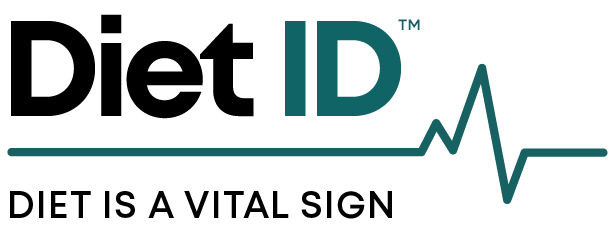Planning your meals in advance is one of the most powerful ways to take control of your personal nutrition and reach your health goals.
Meal planning may, at first, seem like a lot of precious time to devote to food, but over time you’ll discover that meal planning not only saves you time, but money and stress. Let’s explore!
Think about the way you put together meals today. Do you by the time dinnertime rolls around, do you have a plan in place? Or do you open the fridge, hoping for inspiration? Do you turn to something quick and easy (and not so healthy) because you just don’t have the time? Or do you just phone it in (quite literally)? Meal planning eliminates all of this. And think about it – when you’re trying to eat better, whether for yourself or for your family as well, healthy meals won’t pull together on their own, unless you’re fortunate enough to have a budget for a personal chef!
These days, you have a ton of options for meals, so choose the ones that fit your budget, taste, and lifestyle.
Meal Kits
Meal kits are a super popular solution, and there’s something for everyone, no matter what type of diet you’re following (or none in particular). Sunbasket, Blue Apron, Hello Fresh, and a slew of other companies deliver boxes of pre-measured ingredients along detailed recipe instructions right to your door. All you have to do is the last step, typically the shortest one. These meals take anywhere from 10 minutes to an hour to prepare, and many people swear by them. The pros: No need to shop for ingredients, find recipes, or measure out anything. You get to choose the meals you want every week and delivery is reliable and safe. Portion and calorie control is built in. The cons: It can get relatively expensive, and can limit your creativity and palate. It also uses a lot of paper and/or plastic (many do source biodegradable and recycled materials, but it’s still a lot of containers, bags, packages, and boxes to deal with).
Do most of the cooking yourself
If you’re a DIYer, you will need to plan a little more carefully. Regular grocery shopping, a general awareness of what’s lurking in your fridge (I call it incessant inventory), and grocery lists are musts. A good rule of thumb is to plan two main recipes per week, with the rest things that you have most days. For example, you might have fruit every day at breakfast and a salad every day at lunch; you need to make sure you have these things on hand and ready when mealtimes arrive. For days you want to prepare something from a recipe, you need to have the recipes and ingredients ready to go. The pros: you’ll save money, waste less, experience a feeling of accomplishment and gratification, and get to try new foods. The cons: Like any behavior change, it’s challenging to get started. There is a learning curve, and mistakes might happen.
Make your plan!
A lot of people find it very useful to sit down once a week at a planned time (say, Sunday evening) to write down or type out your meals for the week. You can be inspired by what you’re in the mood for, what your family requests, what is in season, a recipe you came across in a magazine, or a desire to try a new cuisine. Write down your meals for the week, and make a list of the foods you need to buy to make those meals happen. Here’s a handy meal planner you can use; there are thousands more on Pinterest and all over the Internet you can print. I like to include the recipe source, whether it’s a cookbook (with page number) or a web site (with URL).
(NOTE to tech lovers! Google Keep, Evernote, and similar free keepers are super handy cloud-based, cross-device notekeepers that you cannot lose! Whenever I find a recipe online that I want to try, I copy and paste the URL into Keep, so I can access it from my phone, computer, or anywhere I’m logged into my Google account. You can also email yourself your meal plans.)
Each morning, check your meal plan to see what’s in store. Will you need to make brown rice that night? Put a reminder in your phone to get it started an hour or so before mealtime. Will you need to chop up several vegetables? Do it at lunchtime or early evening if possible. Need to marinate something? Better get started! Point is, when it’s in your head, you’ll get it done. When this becomes a habit, you’ll wonder how you did without it!
Bottom Line
When you plan like this, meals are calmer, easier, and quicker to prepare. You’re no longer spending time figuring out what to make, throwing dinner together in a frenzy and/or way too late, looking for ingredients you think you may have, fielding arguments from the kids, or realizing that what you want to make is going to take an hour to prepare. No more throwing up your hands and ordering a pizza.
Try it for 4 weeks. What worked? What didn’t? What can you change to make it work? How can you make it more interesting/enjoyable? Do you have friends you can do meal swaps with? Can you get your kids involved? Can you find a meal planning group on Facebook?
Over time, meal planning will become part of your routine. Maybe still a chore, but one with the best rewards in life: delicious foods and good health!



